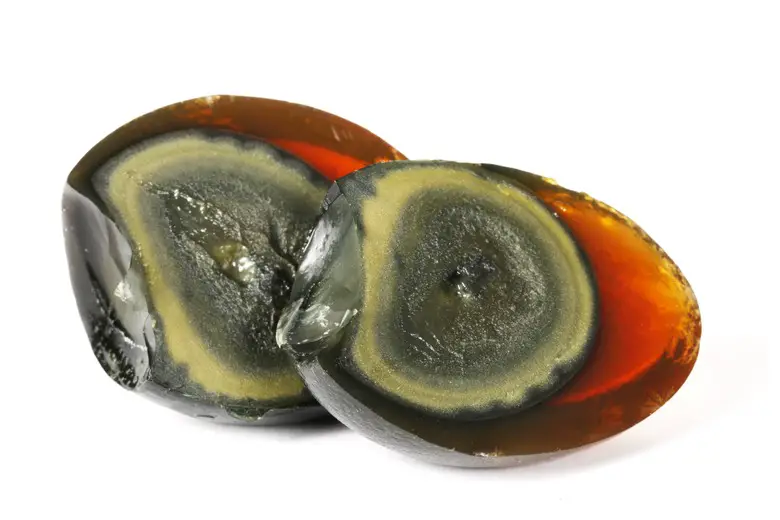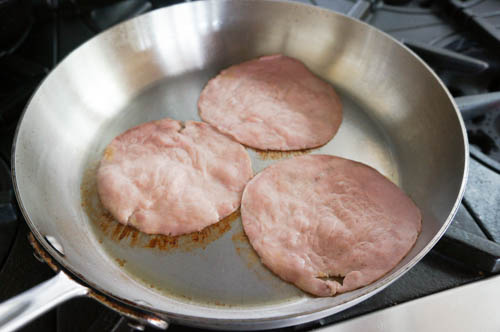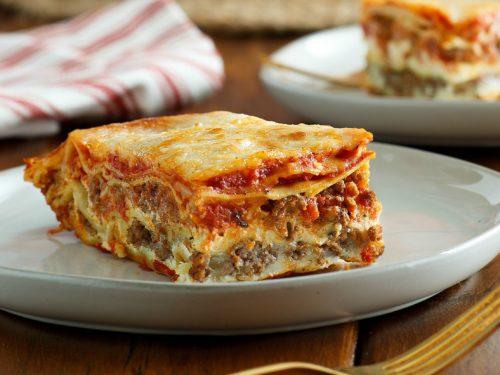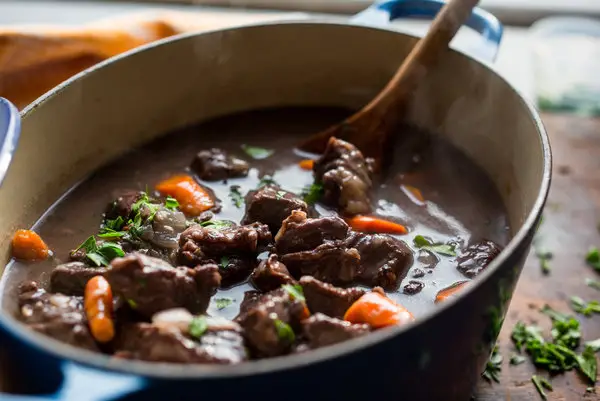Eggs are an essential part of many cuisines worldwide and come in various forms, such as boiled, fried, scrambled, or baked. However, if you’re not cautious enough when picking the eggs to use, you might end up with a rotten egg. But can you still use it? Can you cook a rotten egg? This article provides insights on the science behind cooking bad eggs and whether it is safe to consume them.
Introduction
A rotten egg is an egg that has gone bad and is no longer suitable for human consumption. Usually, the yolk and white within the shell ferment or spoil due to bacteria growth or other factors.
The question of whether one can cook a rotten egg comes up mainly due to curiosity or desperation in using what’s available. How do we determine which eggs are rotten before cooking them? What risks do we face when consuming cooked rotten eggs? Read on to find out.
Why Do Eggs Go Bad?
Several factors contribute to the spoiling of eggs. One common factor is moisture levels- too much moisture speeds up bacterial growth leading to spoilage. Another factor could be inadequate storage temperatures because high temperatures increase bacteria activity.
Other factors like mishandling by distributors during transportation could also cause damage that contributes to spoilage. Eggs with visible bruises or cracks may have increased air movement through them causing their contents to dry up and eventually turn bad.
Bacteria found in fecal matter from infected birds such as salmonella can also grow on the surface of eggs leading to contamination.
Health Risks Associated With Consuming Rotten Eggs
Consuming cooked rotten eggs poses serious health risks that may result in food poisoning symptoms such as diarrhea, abdominal cramps, vomiting,and fever. Salmonella infections are more severe consequences of consuming spoiled food as they may lead to kidney failure and blood infections.
Children under five years and senior adults are at high risk of experiencing severe symptoms since they have weaker immune systems. So, just how can one determine if an egg has gone bad?
How Can You Determine if an Egg is Rotten?
An obvious way to tell if an egg is spoiled is by observing its physical appearance, smell, and texture. When an egg goes bad, its shell may become discolored too yellow or green than usual. The egg’s inside could have a foul odor similar to sulfur or rotten meat aroma.
Eggs that are good to use have firm whites and round yolks but when an egg goes bad the white becomes runny and watery while the yolk will break easily when broken into a bowl.
Another technique to check for the condition of eggs is by assessing their buoyancy in water. Fresh good eggs tend to sink horizontal to the bottom and lie flat on the surface. If it floats on top with its wide end facing upward or bobbing around vertically, it most likely has gone bad exposing you to health risks associated with spoiled food.
The Science Behind Cooking Bad Eggs
Now, cooking a rotten egg well enough may seem like killing off any bacteria that could be harmful. However, this may not be true since some bacteria continue to thrive despite being subjected to heat from cooking as they can withstand extreme conditions better than others.
Research shows that during cooking at 160°F minimumu temperature (71°Celsius), there’s a formation ofsulfur dioxide gas as volatile sulfuric acid which contributes significantlyto the why we experience unpleasant smells from cooked bad eggs Even lowering temperatures of water slows down chemical reactions caused by spoilage bacterias but not kill them entirely hence making the outcome just as dangerous.
Experts also believe that eggs can still turn ‘bad’ after cooking due to rapid cooling (i.e., from boiling water straight into cold) as it causes shrinkage of proteins found in eggs whitespace thereby providing conditions necessary for bacteria growth.Due to these factors, it’s advisable always to avoid using rotten eggs to cook any meals to guarantee healthy consumption.
Is It Safe To Eat Cooked Rotten Eggs?
If you are wondering whether cooked rotten eggs are safe for consumption, the answer is no. Even after cooking rotten eggs, they remain unsafe for human consumption due to a few reasons that we have outlined in this article.
Precautions To Take When Handling Potentially Spoiled Or Contaminated Eggs
The best way to protect oneself from food poisoning and other health complications resulting from consuming spoiled foods like bad eggs is by taking some basic precautions when handling them.
Always thoroughly check an egg before purchasing or using it and rely on all of your senses – smell, vision, and touch. Discard any suspect eggs that appear moldy or gooey. If you encounter egg spillage, always sanitize the surfaces immediately.
Also important is washing one’s hands well using soap and water after handling raw eggs or other poultry products regardless if it appears spoiled or not can reduce the chances of food poisoning-related symptoms and infections.
Ensure proper storage of eggs at a temperature below 40 degrees Fahrenheit (4.4 degrees Celsius) either on top of refrigerator shelves rather than its door- Refrigerator doors experience frequent fluctuations because the door gets opened frequently compared to inside shelves hence affecting their stability leading only higher spoils
How Do You Dispose Of Rotten Eggs Correctly?
Discarding bad/rotten eggs should also be done safely. Burying spoilt production may lead gasses forming which could keep rotting off items fresh so burning or sending them directly downthe drain is discouraged as both environmental pollution concerns arise.Therefore mix the infected/dead animals/poultry with sawdust or straw before intervening with microbial organisms breaking down organic matter over time in compost pit providing natural ways of returning products into back into soil
Ideally disposing off organic waste materials like rotten/dead chickens, their eggs, and other waste products from a poultry farm, composting is considered the most-effective solution.To Sum Up,
Conclusion
In conclusion, cooking a rotten egg is not safe since it can expose you to harmful bacteria leading to severe health complications ranging from food poisoning symptoms to salmonella infections. Hence it’s important always to determine whether an egg has gone bad or not using all your sensory organs.
Proper storage of eggs ata lower temperature has also been shown to be one effective way of preventing spoilage. Lastly discard any bad/spoilt items properly by composting is a safer option than typical waste disposal as they have numerous benefits in recycling organic matter into carbon-rich soil amendment.
Q&A
- Q: Is it even possible to cook a rotten egg? A: Yes, but it’s not recommended. The risk of food poisoning is high, and the egg may emit a foul odor.
- Q: How do you know if an egg is rotten? A: An easy way to tell is by smelling the egg. If it smells like sulfur or rotten meat, it’s likely gone bad.
- Q: Can cooking a rotten egg make it safe to eat? A: Unfortunately, no. Cooking can kill some bacteria, but toxins produced by the bacteria may still make you sick.
- Q: What should I do with a rotten egg instead of cooking it? A: The best option is to throw it away and wash your hands thoroughly after handling it. To prevent future spoilage, store eggs in the fridge and check expiration dates regularly.




